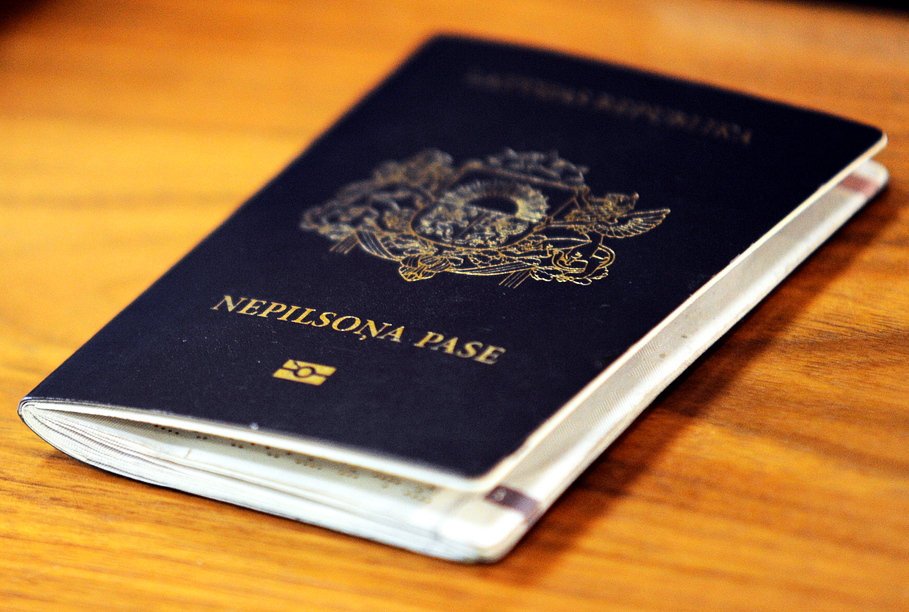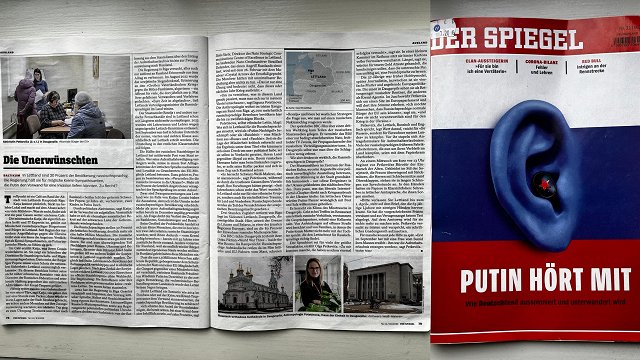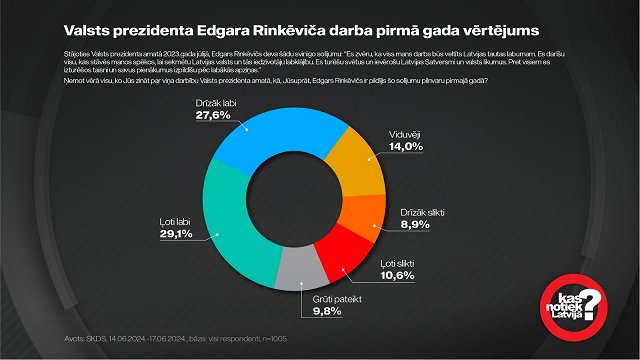Early Wednesday morning, the official twitter account of the president said: Children of non-citizens who are born in Latvia, are our children - ours and belong to Latvia, in the fall there will be a parliamentary initiative. Important to us all.
Nepilsoņu bērni, kuri piedzimst Latvijā, ir mūsu bērni, -mūsējie un piederīgi Latvijai, rudenī būs iniciatīva Saeimā. Mums svarīgs ikviens.
— Valsts prezidents (@Rigas_pils) May 31, 2017
Under the terms of Latvia's constitution, the president has the right to propose legislation to Saeima. Though the practice is not common, it is sometimes used in matters of particular importance, of which this is clearly one.
Speaking on LTV's 'Morning panorama' news show Wednesday, Vejonis criticised the "political rhetoric" often used in connection with the non-citizens' issue and said "every person who lives in Latvia, whether they are a citizen or not, is part of Latvia... we need all these people to live here."
"We need to find a way of putting a full stop to [the situation in which] children can be born non-citizens," he said, adding that legislative proposals were being prepared at the moment, and being checked by experts to make sure they met all constitutional requirements.
"I have a very confident feeling that we can go forward with these proposals," he said.
Earlier this month Vejonis gave a clear indication that the non-citizen issue was on his mind.
"It is of utmost importance that parents register their children as Latvian citizens. It is very easy to do," he said during a visit to Daugavpils, calling for non-citizens to naturalize.
He said that Latvia should cease granting non-citizens' status to children born in the country - and now it seems he is ready to act himself with Saeima showing no inclination to return to the subject unprompted.
Recent years have seen a loosening of regulations whereby newborns get Latvian citizenship unless their parents expressly object to it. While the exact nature of the presidential proposals remains to be seen, the granting of automatic citizenship would help stifle criticism from organizations such as the Council of Europe and the European Parliament that Latvia has not done enough to end the non-citizen problem.
The status of non-citizens in Estonia and Latvia is also frequently used by the government of Russia as a means of criticising the Baltic states and is a staple of international media coverage.
As Latvia struggled to regain its independence, in 1990 the interim parliament voted to grant citizenship to Latvians that were citizens during the inter-war period, and their offspring.
Consequently, a third of Latvian residents who did not fit the criteria and were largely Soviet-era immigrants became non-citizens, who don't have the right to vote and cannot hold certain public offices. They are issued with special non-citizens passports. Naturalization is a fairly straightforward process, but some object in principle to being asked to undergo it.
There were about 247,000 non-citizens (about 12% of the population) in Latvia according to July 2016 data reported by the Foreign Ministry.
You can read the interesting tale of two non-citizens' journey to citizenship in a recent series LSM produced charting the progress of Anna and Ksenija.




























